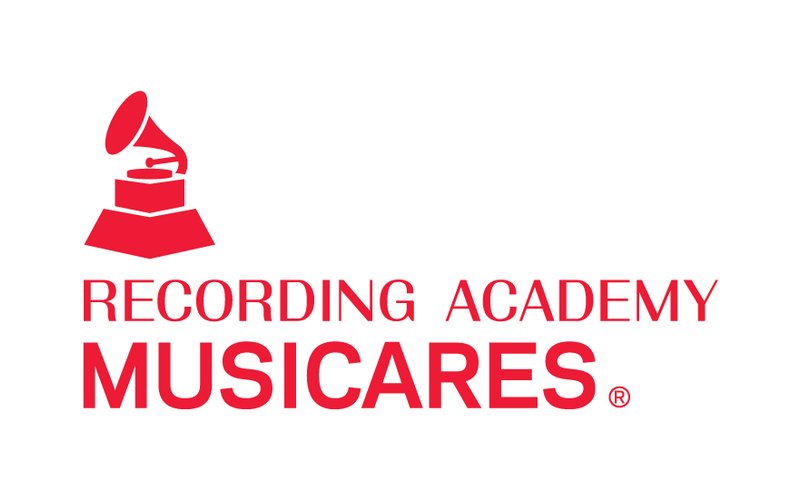
KEXP's Sound & Vision airs every Saturday morning from 7-9 AM PT, featuring interviews, artistry, commentary, insight, and conversation to that tell broader stories through music, and illustrate why music and art matter. You can also hear more stories in the new Sound & Vision Podcast. New episodes are out every Tuesday and Thursday. Subscribe now.
MusiCares, the non-profit established by the Recording Academy to support the health and well being of the music community, has been inundated with requests since the start of COVID-19. The 30-year-old organization has seen more than 20,000 applications for funds from musicians and those working in the music industry — and the organization has doled out $19 million in response.
Sound & Vision host Emily Fox spoke with MusiCares executive director Laura Segura about their relief effort and how COVID-19 is exacerbating existing mental health and addiction issues in the music industry.
Sound & Vision host Emily Fox spoke with Neil Juneja and Joe Cole of Covert Bat about drive-in concerts, which were recently banned in Washington State due to COVID-19.
Sound & Vision host Emily Fox spoke with Nate Omdal of Fair Trade Music about the organizations goals and how the COVID-19 pandemic is showing the need for more transparency in the music industry.
Sound & Vision host Emily Fox spoke with King County Executive Dow Constantine about the county’s choice to include private venues in a $60 million relief package.